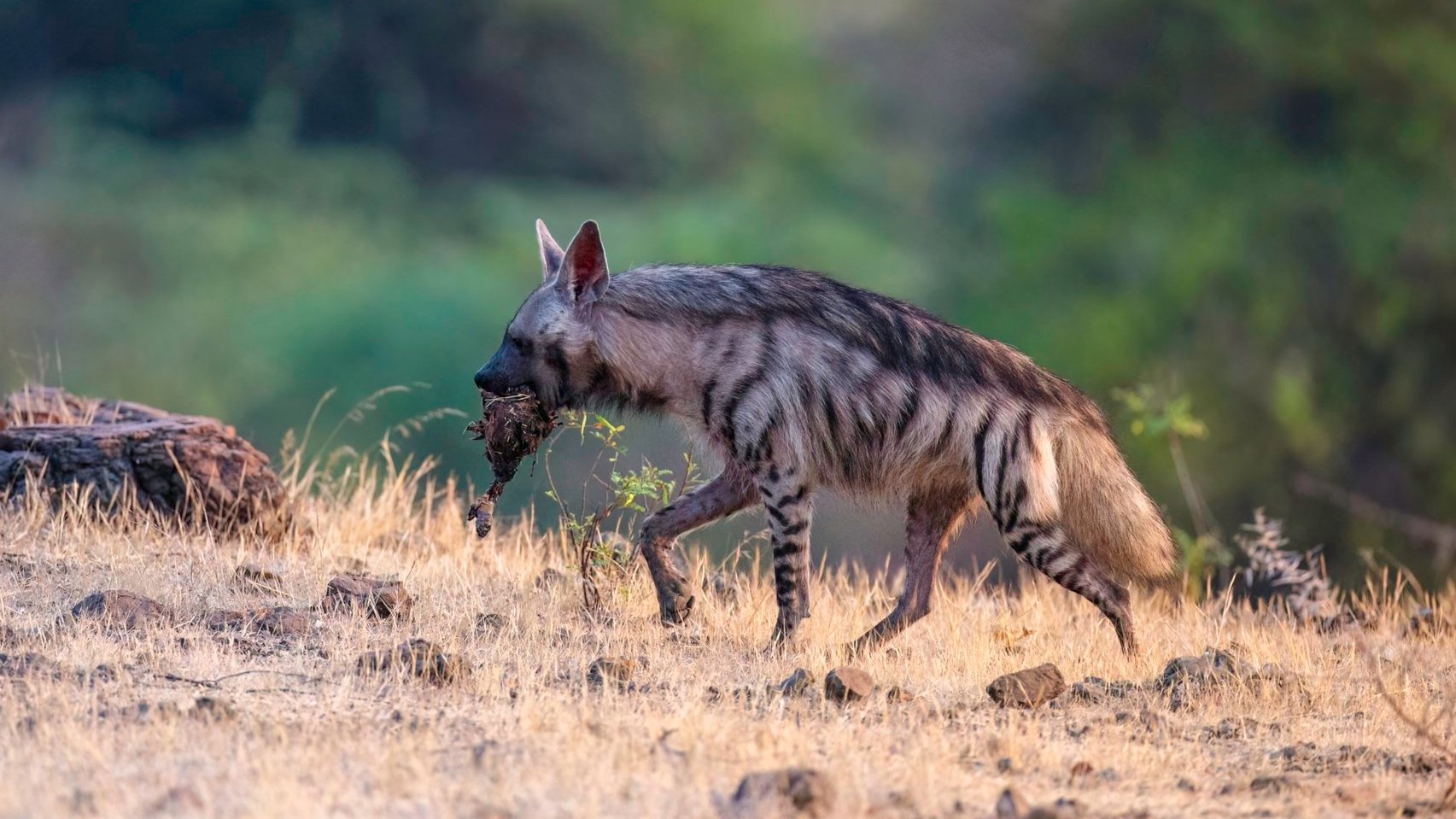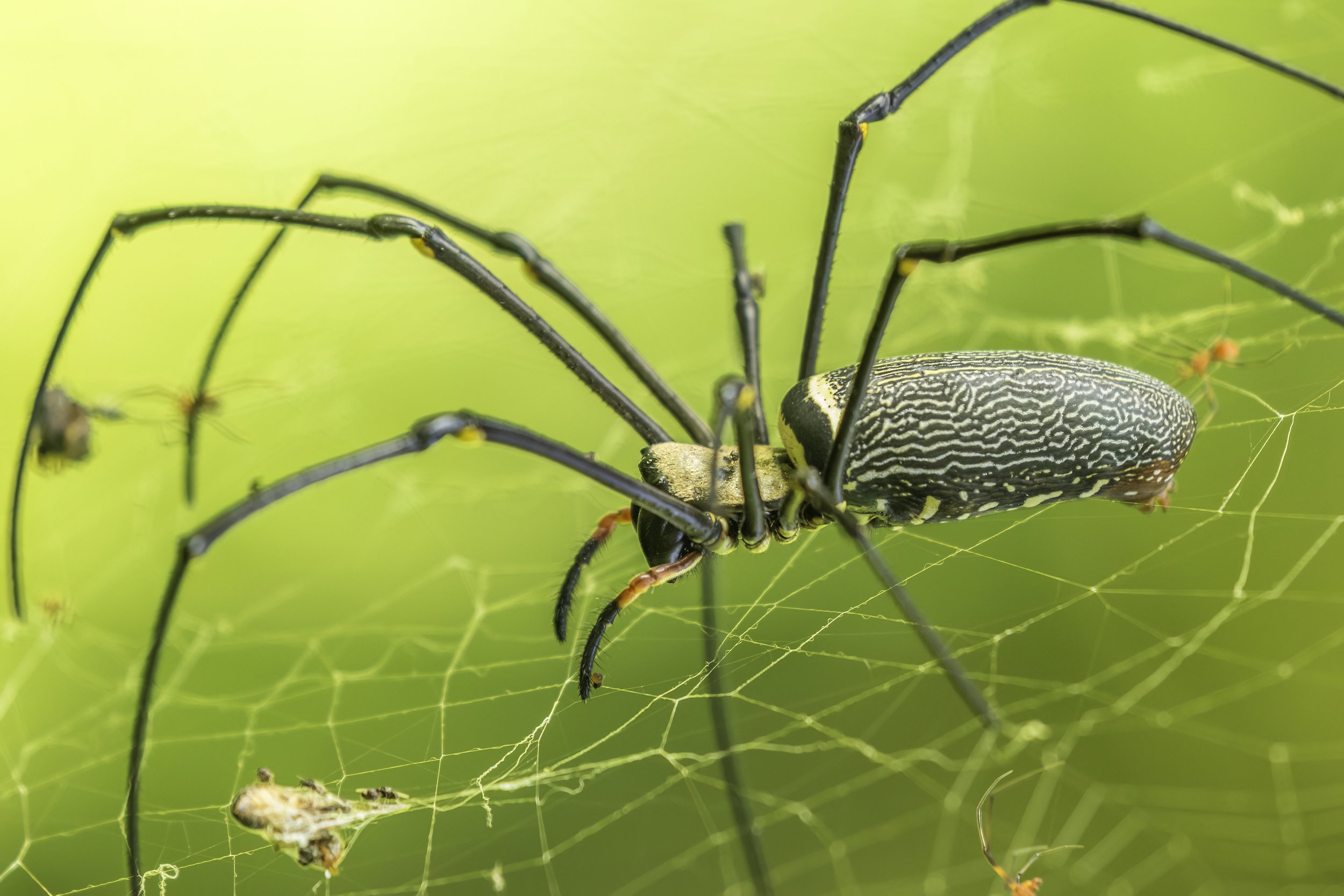Collared Kingfisher
The Collared Kingfisher (Todiramphus chloris) is a medium-sized kingfisher belonging to the subfamily Halcyoninae, the tree kingfishers. It is also known as the white-collared kingfisher, black-masked kingfisher or mangrove kingfisher. It has a wide range extending from the Red Sea across southern Asia to Polynesia.
#wildartworks, #Canon, #PromediagearTR424L, #Bird, #Birdinginthewild, #BirdWatching, #Wildlife, #WildBirds, #naturephotography, #your_best_birds, #planetbirds, #earthcapture, #photo_pond, #earthpix, #naturyst, #conservationphotography, #wildlifeonearth, #bbcearth, #natgeowild, #natgeoindia, #animalsofinstagram, @globalcapture, #singapore, #collaredkingfisher, #kingfisher, #whitecollaredkingfisher, #blackmaskedkingfisher, #mangrovekingfisher,
Slaty-blue Flycatcher
The Slaty-blue Flycatcher (Ficedula tricolor) is a species of bird in the family Muscicapidae found in the Indian Subcontinent & Southeast Asia, ranging across Bangladesh, Bhutan, India, Laos, Myanmar, Nepal, Pakistan, Thailand, and Vietnam. Its natural habitat is subtropical or tropical moist montane forests.
#wildartworks, #Canon, #PromediagearTR424L, #Bird, #Birdinginthewild, #BirdWatching, #Wildlife, #WildBirds, #naturephotography, #your_best_birds, #planetbirds, #earthcapture, #photo_pond, #earthpix, #naturyst, #conservationphotography, #wildlifeonearth, #bbcearth, #natgeowild, #natgeoindia, #animalsofinstagram, @globalcapture, #flycatcher, #DoiSanJu, #DoiLuang, #DoiPhaHomPokNationalPark, #DoiPhaHomPok, #Thailand, #slatyblueflycatcher
Great Stone-curlew/ Great Thick-knee
The Near Threatened Great Stone-Curlew/ Great Thick-knee (Esacus recurvirostris) is an odd looking, large wader & a resident breeder in tropical southern Asia from India, Pakistan, Sri Lanka, Bangladesh into South-east Asia. They’re found on the banks of flowing rivers and lakes with rocky or sandy shores & usually seen standing still on shore, though they can be quite shy, often flushing even at a distance.
#wildartworks, #Canon, #Bird, #Birdinginthewild, #BirdWatching, #Wildlife, #conservationphotography, #bhigwan, #BhigwanBirdSanctuary, #Kumbhargaon, #ujnibackwaters, #greatstonecurlew, #greatthickknee, #thickknee, #wader, #indapurgrasslands, #kadbanwadi,
Striped Hyena
The Near Threatened Striped Hyena is the only hyena species found in India. Hyenas in India inhabit a diversity of habitats, from dry open scrub to deciduous forests and agriculture fields. Although they can hunt down prey, hyenas are generally scavengers, feeding on domestic and wild carrion. Their global population is estimated to be under 10,000 mature individuals and steadily reducing because of deliberate and incidental persecution along with a decrease in its prey base.
#wildartworks, #Canon, #Canon1DxMkii, #PromediagearTR424L, #DeityD3Pro, #EF600f4LISIII, #Wildlife, #naturephotography, #wildlifephotography, #NearThreatened, #IndapurGrasslands, #Kadbanwadi, #grasslands, #Maharashtra, #SirsuphalGrasslands, #GrasslandSafari, #Baramati, #StripedHyena, #Hyena, #HyenaHyena, #extant,
Giant Golden Orb Weaver/ Giant Wood Spider
Nephila is a genus of araneomorph spiders noted for the impressive webs they weave. Nephila consists of numerous species found in warmer regions around the world, although some species formerly included in the genus have been moved to Trichonephila. The name Giant Wood Spider is used to refer mainly to Nephila pilipes, which is very often seen, owing to its size and needless to say the size of its web. This is a common spider in the jungles of peninsular India, where webs built across large open spaces (and at times spanning up to 2 meters) are not uncommon. They are also called the Giant Golden Orb Weaver. Often, the webs of all these Golden Orb Weavers are inhabited by kleptoparasites. As a group, they also exhibit extreme male dwarfism and female gigantism.
#wildartworks, #Canon, #Wildlife, #naturephotography, #earthcapture, #earthpix, #naturyst, #conservationphotography, #yesbbcearth, #indian_wildlifes, #indianwildlifeofficial, #wildlifeonearth, #bbcearth, #natgeowild, #natgeoindia, @globalcapture, #giantwoodspider, #goldenorbweaver, #giantgoldenorbweaver, #nephilapilipes, #nephila, #spider, #woodspider, #goldensilkorbweavers, #goldenorbweavers, #giantwoodspiders, #banana spiders,
Bay-backed Shrike
The Bay-backed Shrike is a brightly-colored small shrike, reminiscent of the Long-tailed Shrike in overall coloration. It has a black mask, rufous flanks & back, a clean white throat, and its small size makes it distinctive within its range. It prefers open areas, often in dry regions, with scattered vegetation. Often perches up on exposed snags, fenceposts, or telephone lines.
#wildartworks, #Canon, #Bird, #Birdinginthewild, #BirdWatching, #Wildlife, #WildBirds, #naturephotography, #your_best_birds, #planetbirds, #earthcapture, #photo_pond, #earthpix, #naturyst, #conservationphotography, #yesbbcearth, #indian_wildlifes, #indianwildlifeofficial, #wildlifeonearth, #bbcearth, #natgeowild, #natgeoindia, @globalcapture, #TelanganaBirds, #HyderabadBirds, #Tellapur, #GHMCUrbanForestryNursery, #TelanganaUrbanForestry, #Nallagandla, #baybackedshrike, #shrike
Red-naped Ibis
A medium-sized ibis with a dark body, often showing a bluish-green sheen. The crown and nape are covered in bright red warts. A white patch is usually visible near the shoulder of the wing. The bill is long and downcurved. This species can be confused with the similar-looking Glossy Ibis, but Glossy Ibis is smaller and lacks the red warts and white shoulder patch. In flight, the legs of Red-naped Ibis don’t extend beyond the tail, unlike in Glossy Ibis. Unlike most other ibis, Red-naped favors drier habitats, such as rye fields. It is usually found singly or in loose groups.
#wildartworks, #Canon, #Bird, #Birdinginthewild, #BirdWatching, #Wildlife, #conservationphotography, #bhigwan, #BhigwanBirdSanctuary, #Kumbhargaon, #ujnibackwaters, #Tadoba, #kabini, #rednapedibis, #ibis,
Blue-tailed Bee-eater
The blue-tailed bee-eater (Merops philippinus) is a near passerine bird in the bee-eater family Meropidae. It is widely distributed across South and Southeast Asia where many populations are strongly migratory, and seen seasonally in many parts but breeding colonially in small areas across their range, mostly in river valleys, where they nest by tunnelling into loamy sand banks. They are seen mostly in open habitats close to water.
#wildartworks, #Canon, #Bird, #Birdinginthewild, #BirdWatching, #Wildlife, #WildBirds, #naturephotography, #your_best_birds, #planetbirds, #earthcapture, #photo_pond, #earthpix, #naturyst, #conservationphotography, #yesbbcearth, #indian_wildlifes, #indianwildlifeofficial, #wildlifeonearth, #bbcearth, #natgeowild, #natgeoindia, @globalcapture, #bluetailedbeeeater, #beeeater, #TelanganaBirds, #ammavaripetacheruvu, #ammavaripeta, #warangalbirding, #loronghalus, #singaporebirds, #singaporebirding,









